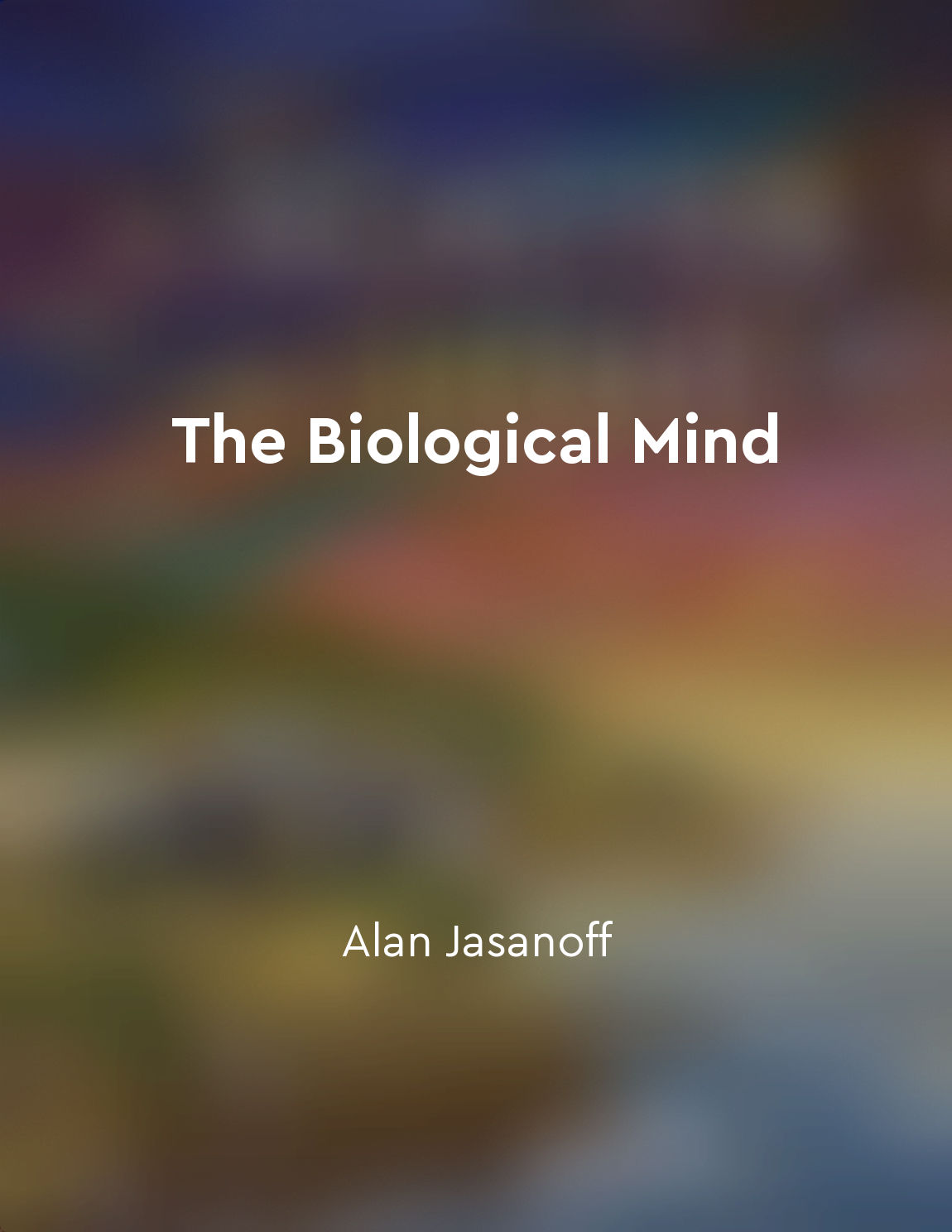Support neurodivergent individuals in reaching their full potential from "summary" of Divergent Mind by Jenara Nerenberg
To truly empower neurodivergent individuals, we must first acknowledge the unique strengths and challenges they bring to the table. It's not just about accommodating differences; it's about celebrating them and harnessing them to unlock their full potential. By understanding the diverse ways in which neurodivergent minds work, we can create environments that support their growth and development. One key aspect of supporting neurodivergent individuals is providing them with the tools and resources they need to thrive. This may include specialized education programs, assistive technologies, or alternative forms of communication. By tailoring our support to their specific needs, we can help them overcome barriers and succeed in their own way. It's also important to foster a culture of acceptance and inclusion, where neurodivergent individuals feel valued and respected for who they are. This means challenging stereotypes and promoting a more nuanced understanding of neurodiversity. By creating a sense of belonging, we can help them feel confident in expressing their true selves and pursuing their passions. Furthermore, we must advocate for systemic changes that remove obstacles to success for neurodivergent individuals. This may involve pushing for policy reforms, promoting workplace diversity, or challenging discriminatory practices. By addressing these broader issues, we can create a more equitable society where everyone has the opportunity to thrive.- Supporting neurodivergent individuals in reaching their full potential is not just a matter of charity or kindness—it's a matter of justice and equity. By recognizing and embracing their unique gifts, we can create a world that is richer, more vibrant, and more inclusive for all.
Similar Posts

Advances in technology continue to expand our knowledge of the biological mind
The human mind has long been a subject of fascination and mystery. For centuries, philosophers and scientists have sought to un...

Attention is limited
Our brains have a finite capacity for paying attention, which means we can only focus on a limited number of things at any give...
Practice selflove and acceptance
To truly break the habit of being yourself and create a new reality, it is essential to practice self-love and acceptance. This...
Conditioning the mind for health can lead to physical healing
Dr. Joe Dispenza presents a fascinating concept in his book 'You Are the Placebo' that suggests our thoughts and beliefs have a...

Hyperfocus is a common trait among individuals with ADHD
Hyperfocus, a term commonly associated with Attention Deficit Hyperactivity Disorder (ADHD), refers to the ability to concentra...

Each clinical tale offers a unique perspective on the human experience
Each story in 'The Man Who Mistook His Wife for a Hat and Other Clinical Tales' provides readers with a glimpse into the comple...
We are natural explorers
Humans are natural explorers. Our brains have evolved to constantly seek out new information and experiences. This drive for ex...

Loss of spatial awareness can lead to bizarre behavior
In the world of neurology, the loss of spatial awareness can have profound effects on an individual's behavior. This is exempli...
Learning to adapt
Adapting is a skill I have learned over the years. It is not something that comes naturally to me, but rather a process that I ...
Brain changes can alter personality traits
The brain has an incredible ability to adapt and change throughout our lives. This phenomenon, known as neuroplasticity, allows...


